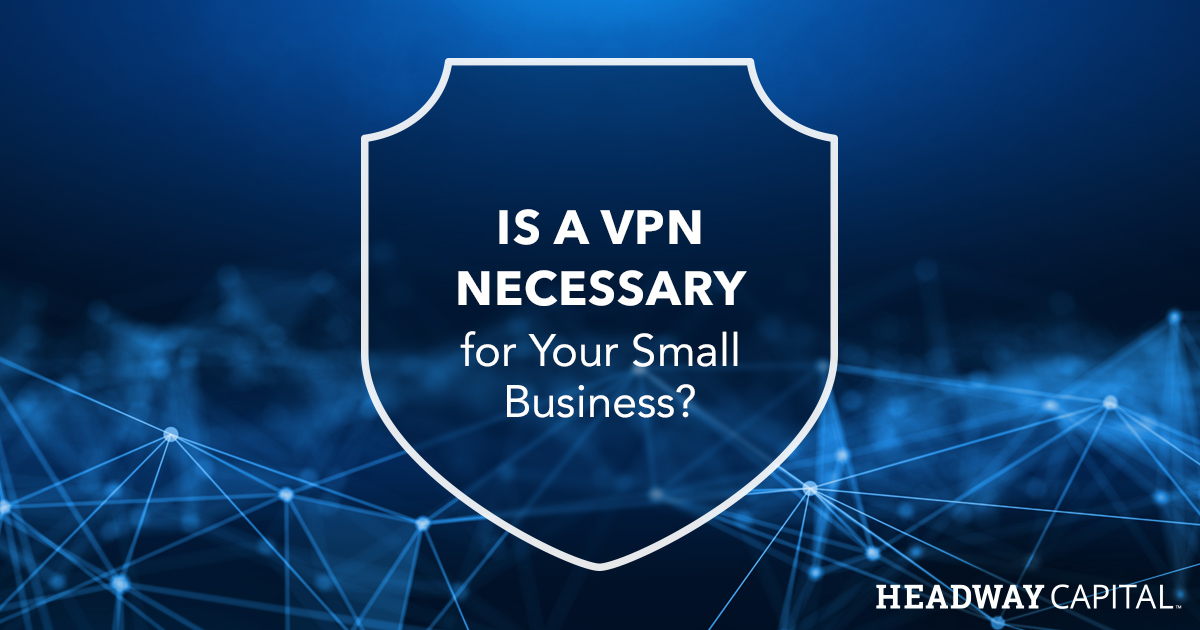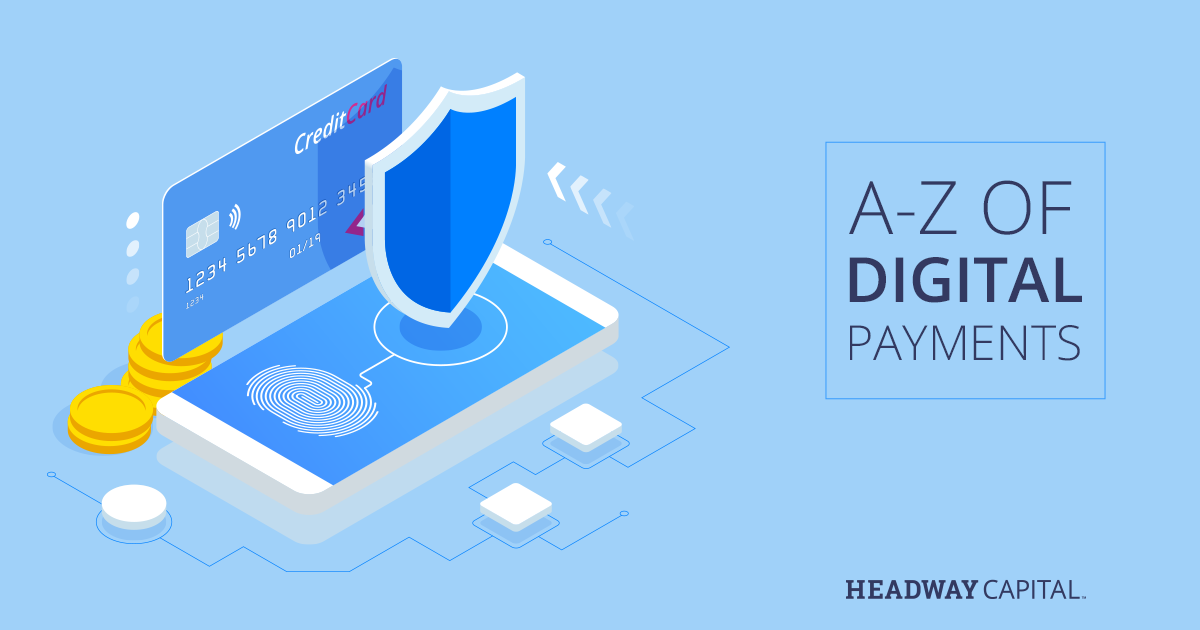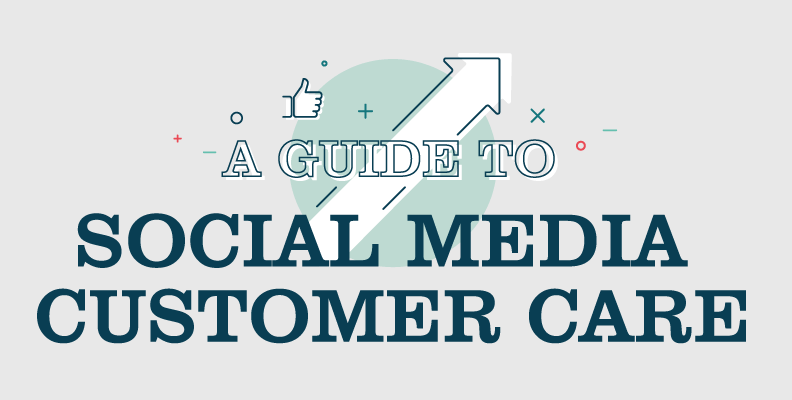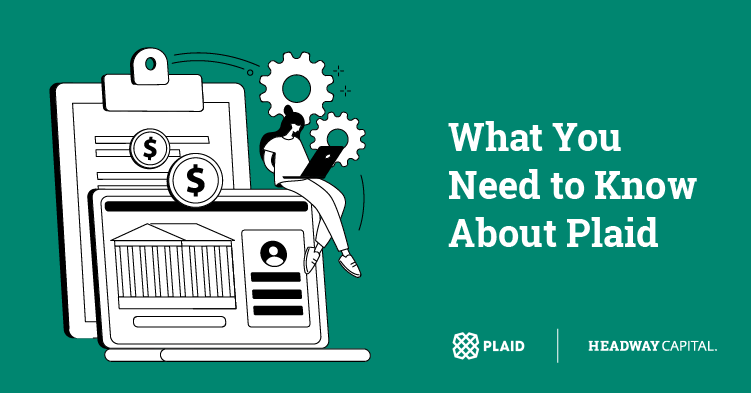What is a VPN and Does Your Business Need One
Many businesses rely on employees, managers and top-level executives to protect confidential information such as trade secrets, working capital details, internal processes and future product releases, but what happens if this data is shared or leaked online without your permission? Furthermore, your ISP, or internet service provider, can legally sell your data to third parties. Companies, hackers, and anyone with a little tech know-how could be accessing your data as you read this post.
If you haven’t already taken steps to achieve better online security, your business may be vulnerable to hacking, information breaches and more. In today’s plugged-in world, it’s important to think about your data and who’s accessing it. Thankfully, there are simple ways to remain secure online without completely cutting the cord. Read on to learn more about one of the most common tech security safeguards for small businesses available today.
What Is a VPN?
A VPN, or a virtual private network, is software designed to shield your online activity by rerouting your connection through an encrypted server. By encrypting, or converting, the data and routing it through another server, your data can’t be read without the appropriate encryption key, and it also won’t point back to the original device that you’ve used. The VPN server may be located in another country or region.
What Does a VPN Do?
All computers, phones, tablets and electronics connected to the internet have a unique IP, or internet protocol. This IP number can identify all activity specific to that user that a user via that particular device. Typical VPN software will encrypt your data before it reaches your ISP and before the data reaches a VPN server. Your data is then routed through the VPN’s server, so sites that you visit will see encrypted data, and also will see that the traffic comes from the VPN server, and not your home computer, phone or connected device using VPN. This extra level of protection hides the source of the data, and also what the data actually is to begin with.
What are the Downsides of Using a VPN?
Because your traffic is sent through the VPN server, which might be very far away from you, your connection can slow when using VPN software. Furthermore, there are many companies that offer VPN software, including free services. National Public Radio warns against choosing a VPN without vetting it first, as companies may not deliver on their promises. According to a survey of almost 300 free VPNs around the world, nearly 20 percent of these services hadn’t encrypted user data.1
Does Your Business Need to Use a VPN?
While you might still think, “I’m not doing anything wrong, so I have no reason to hide,” there are probably some things that you wouldn’t want the wrong people to access. From bank statements to customer demographics, most business owners need some type of online security. If you use a paper shredder to protect yourself from prying eyes, you’d likely also want to shield business and personal information online. Consider using a VPN if you access or transmit sensitive data (business- or customer-related), communicate with vendors, and so forth via the web.
The Takeaway
Even if your small business isn’t specifically targeted in a cyber attack, you still may be prone to information leaks and breaches if you don’t protect yourself. If you do decide to use a VPN, look for a company you can trust, that doesn’t sell its own user’s data. In other words, you wouldn’t want the person who sold you a home security system to give your front door key to a total stranger. Using a VPN can seem daunting, but in the end, it’s simply a matter of privacy and protection.
References
1Silverman, L. (August 17, 2017). Turning to VPNs for online privacy? You might be putting your data at risk. Retrieved January 3, 2019, from https://www.npr.org/sections/alltechconsidered/2017/08/17/543716811/turning-to-vpns-for-online-privacy-you-might-be-putting-your-data-at-risk
The information in this article is provided for education and informational purposes only, without any express or implied warranty of any kind, including warranties of accuracy, completeness or fitness for any particular purpose. The information in this article is not intended to be and does not constitute financial or any other advice. The information in this article is general in nature and is not specific to you the user or anyone else.






